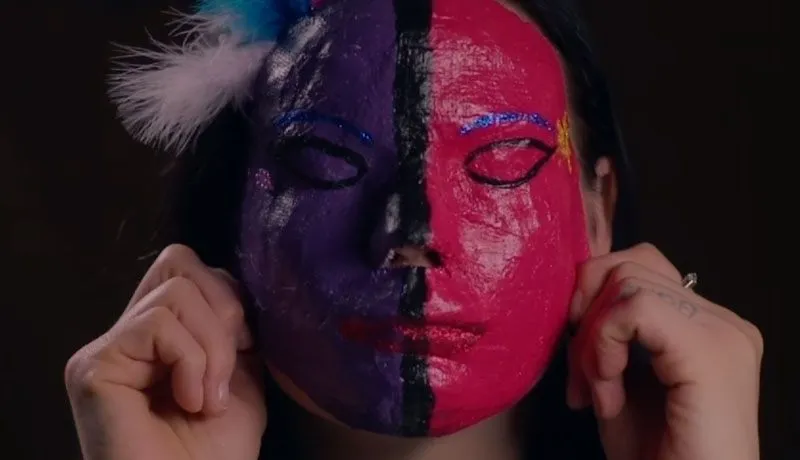5 minutes - Article
If you’re reading this, then it’s probably likely that you or someone you love suffers from some form of mental illness.
By Elder Connie Forbister
When you search for either “depression” or “anxiety” on Google, each gives you millions of results for articles on what these illnesses are, how to spot them in yourself or others, and more. While speaking to a mental health professional is one of the best ways to deal with mental illness, the reality is that this can be difficult to do if you aren’t able to afford the costs out of pocket, or if you don’t have benefits. So what are your options?
Luckily, there are people out there who have done some research and figured out some of the best ways to deal with symptoms of mental illness on your own. Here are five:
1. Physical activity
Much of the research on mental illness shows that engaging in physical activity can help reduce the severity of the symptoms of mental illness. While going to the gym regularly can be helpful, it’s not for everyone, and it can be costly. The good news is that there are many low-cost, and even free activities you can do to get yourself moving. One great free activity is simply going for a walk around your neighbourhood. Your city or town’s website may even have maps of walking trails that you can utilize, and it’s a great way to take in some local sights and get yourself outside. Your local community league or Friendship Centre may have fitness classes or drop-in sessions you can attend, which can also help you meet new people and battle the isolation that many people with mental illnesses feel. There are also many YouTube videos showing you how to do simple workouts with little to no equipment right at home.
2. Use grounding techniques
Grounding techniques are simply ways to help calm your body and center yourself when you are experiencing anxiety or panic attacks. They can be very effective, and the best part is you can do them anywhere, and they require nothing but you and yourself. One popular grounding technique is called the 4-3-2-1 technique. When you feel yourself experiencing a panic attack, or even a flashback of a traumatic experience, stop and look for four things you can see, three things you can hear, two things you can touch, and one thing you can smell. Another grounding technique you can do is called 5-3-7 breathing: Breathe in for 5 seconds, hold the breath for 3 seconds, and then breathe out for 7 seconds. The internet is a great resource for more grounding techniques you can use to help calm yourself during moments of crisis.
3. Be of service to others
One of the most common lies that mental illness can make us believe is that we are worthless to other people. However, a lot of charities and non-profit organizations would disagree. Volunteering your time can be a great way to help others, which can help you to feel of value to the people around you. Think of a cause that means a lot to you – chances are, there’s an organization in your area which works towards it and needs a hand. Some examples include helping at a soup kitchen, walking dogs for a local humane society, or visiting the elderly at a local retirement home.
4. Search and destroy
This might sound a little violent, but it’s really just a hands-on approach to owning your illness and the triggers that are present in your life. It does require some homework! For about a week or more, use a journal to record where you are and what is happening around you when you are feeling depressed, anxious, or experiencing a flashback. After a week (or whatever time period you choose to do this exercise for), look back on your entries and see if you can spot patterns. Notice what your triggers are, and brainstorm ways to either avoid them or remove them from your life. For example, if watching horror movies triggers your anxiety, try to avoid watching them, or watch them with a friend. Or (and this is very common), if you find you feel depressed whenever you drink alcohol or use drugs, try to lessen the amount you use, or cut them out altogether.
5. Practice positive self-talk
This is of the most effective and easiest ways to help yourself during mental health crises. It’s pretty easy: whenever you find yourself getting into a spiral of bad thoughts (“I’m stupid” “I’m worthless” “No one likes me”), replace it with positive ones instead (“There are lots of things I’m smart at” “I have value as a human being” “I have friends and family who love me”). Another related technique is to create a gratitude journal. Every day write at least one thing you are grateful for. It can be something as small as “The weather was nice today” or “I saw a cute baby on the bus.” Soon you’ll find that you’re finding more and more things to be grateful for, and your outlook on life will be better.
These are just a few ways to help yourself during times of crisis. However, it’s always a good idea to talk to your physician if you are feeling like your mental illnesses are interfering with your ability to feed yourself, practice hygiene, or attend work or school
